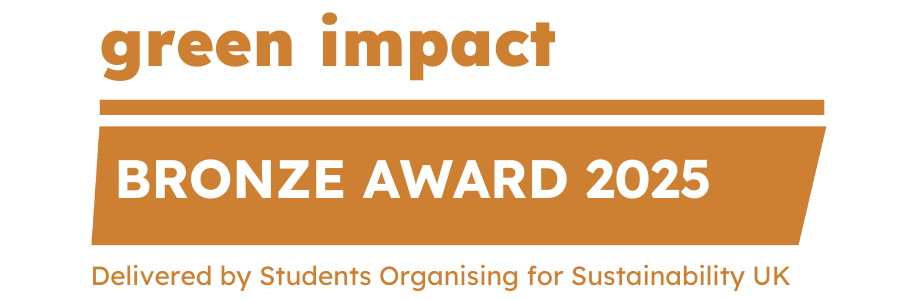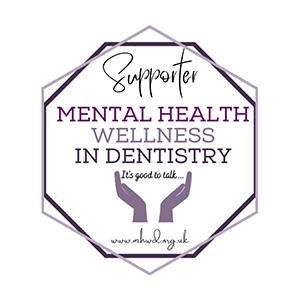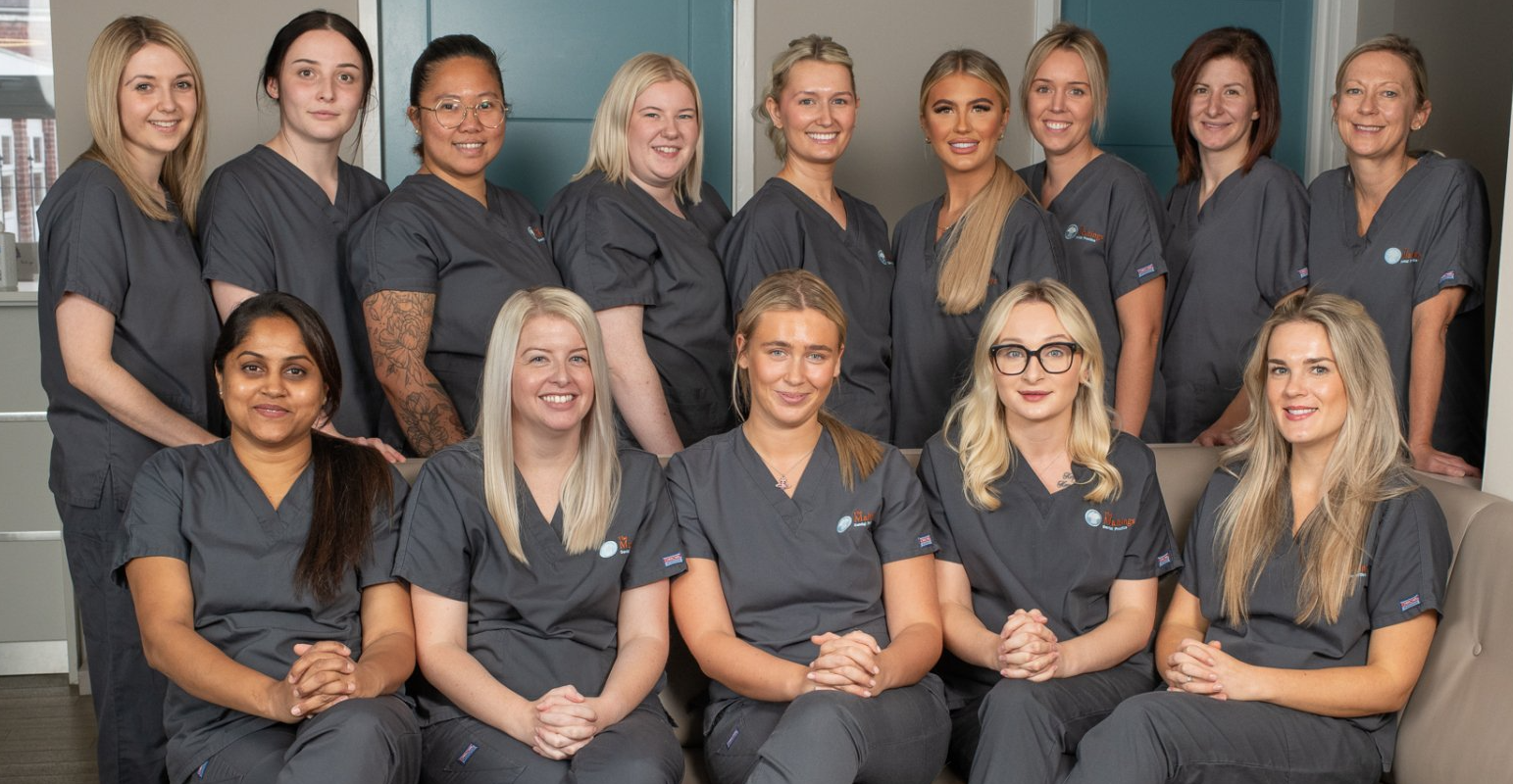by Hayley Drury
•
21 March 2025
During the last year, our team have been involved in research with the Department of Health and Social Care to improve the health of the nation. We are continuing this through 2025 and have several research opportunities we are excited to be a part of. Each year patients attend over 36,000 appointments at the dental practice for either their routine dental care or as a referred patient. With this in mind, our next research project is an amazing opportunity to increase access and target patients who do not routinely attend their GP practices. According to the British Heart Foundation, four million people under the age of 65 in the UK are living with untreated high blood pressure . The analysis also found that 1.3 million of these people are under the age of 45. If untreated, high blood pressure can significantly raise the risk of heart attack and stroke. It’s also associated with an increased risk of vascular dementia. We already know that seeing the dentist can naturally increase our blood pressure, to make sure you are as relaxed as possible we have selected our testing team wisely. Our excellent support staff, Susie, Leah and Adele will greet you with a friendly face and a jolly smile and have lots of patience. The team have completed their training and following lots of practice on our colleagues, are now offering blood pressure (BP) testing to any patient or non-patient who would like this service. Our aim is to play an active part in helping to diagnose untreated high blood pressure. This will increase awareness of ways to lower your blood pressure such as lifestyle choices and signposting you to the right healthcare professional should this be required. As we move into 2025 we will also be participating in 2 more research projects. - Early detection of diabetes. The aim as with the blood pressure testing is to target patients who do not routinely attend their GP with a view to detecting early undiagnosed pre-diabetes/diabetes and make an onward referral for the patient to receive the appropriate diagnosis and advice. - CHOICE (Changing habits to prevent child caries) The aim of this project is to focus on supporting families where children have experienced tooth decay. The team will work with the family to set goals to adopt healthy behaviours to make this part of their new daily routine to prevent future tooth decay. The team is excited to be a part of these new research projects, making a difference to the health of our patients and their families. We look forward to seeing you when you are next at the practice.













